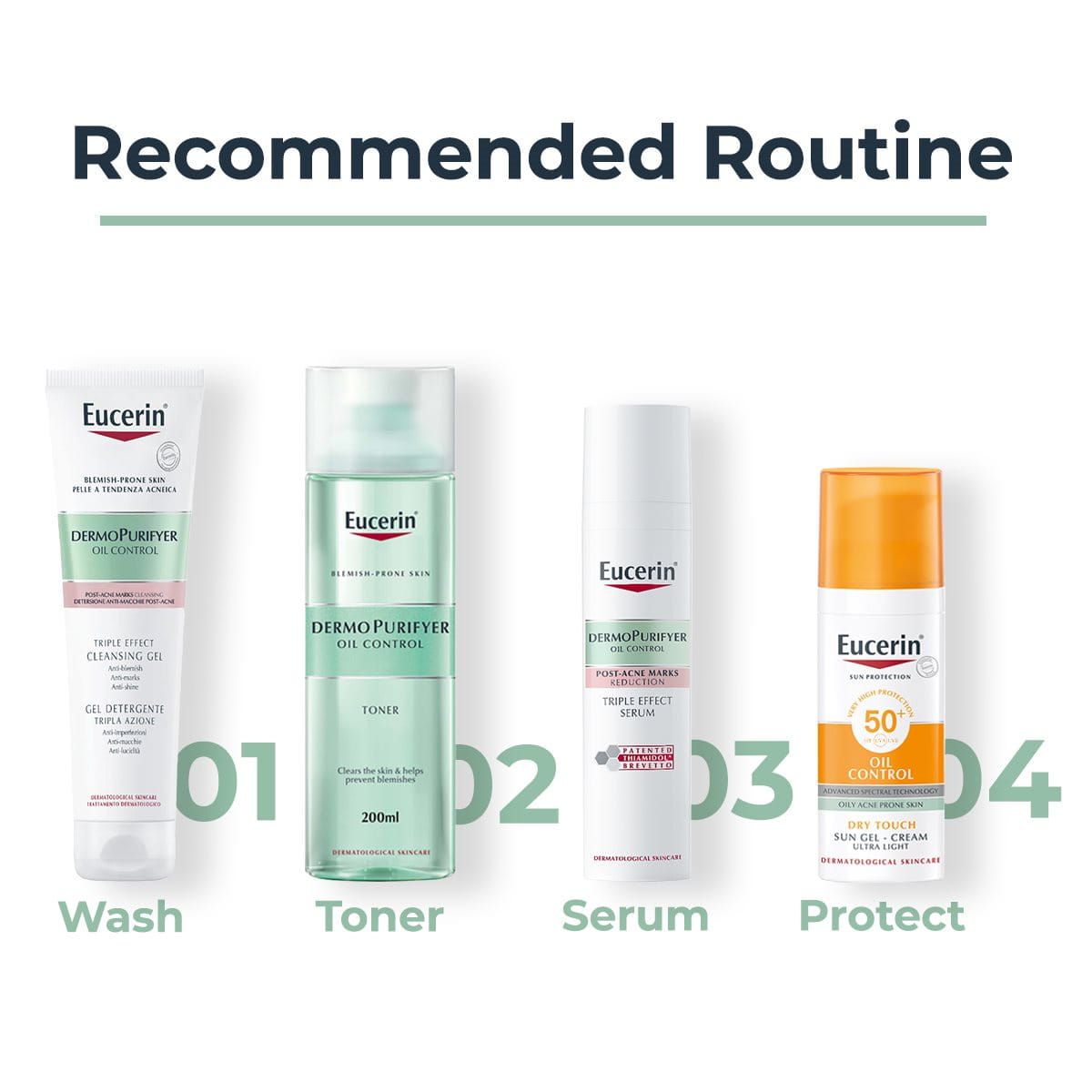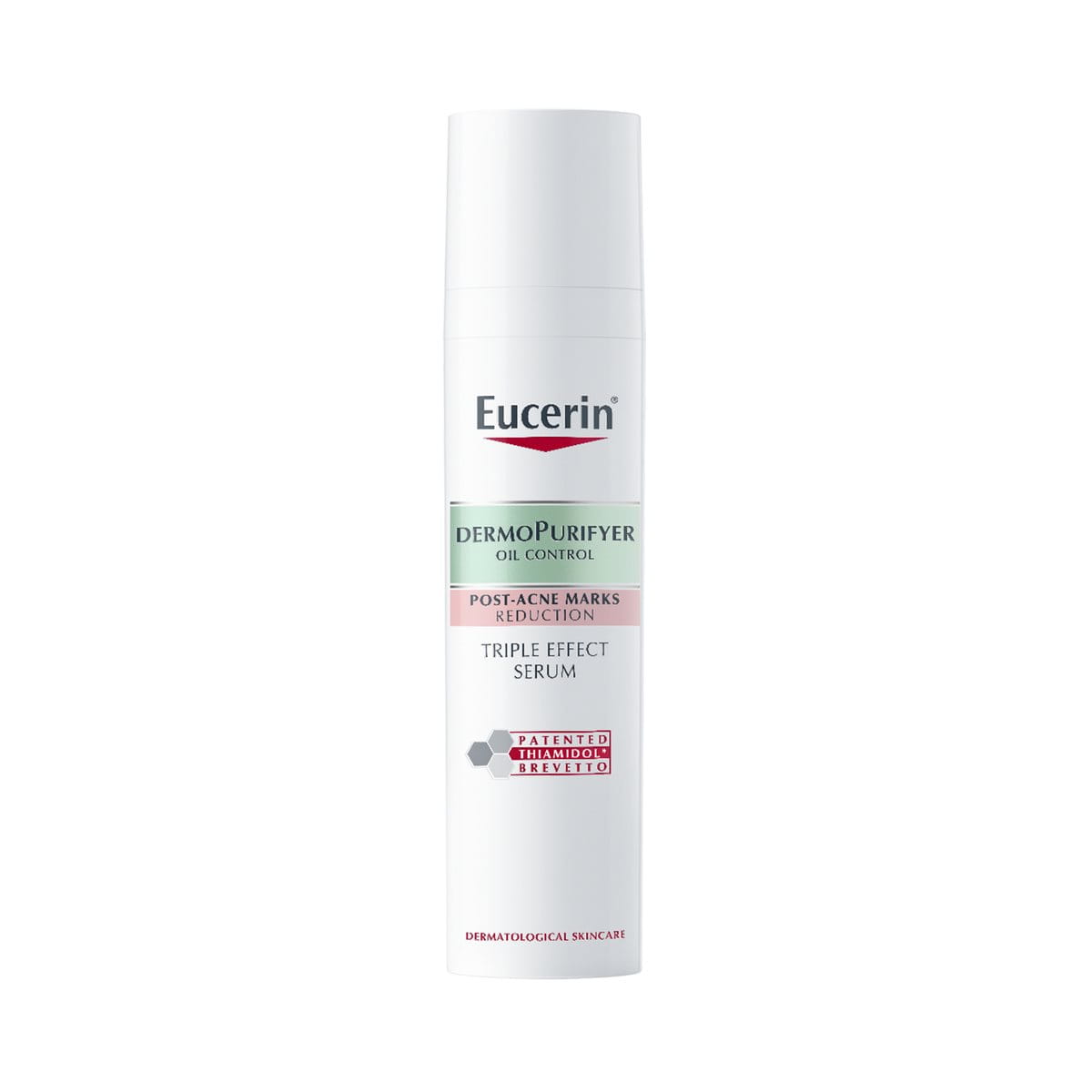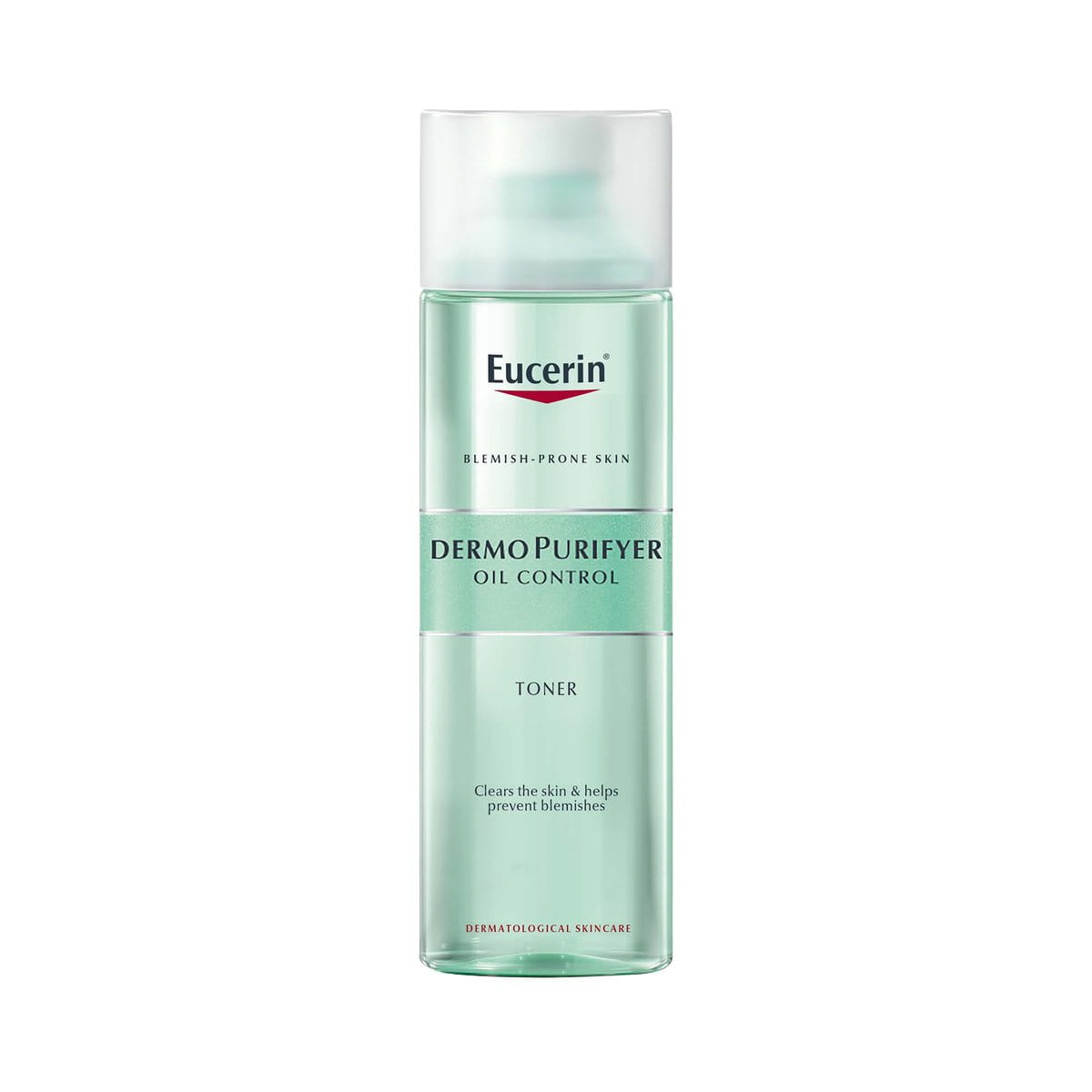Niacinamide is easy to trust. This well-researched, tested, gentle, and effective ingredient has been a favorite for anyone with acne and oily skin. Here’s all you need to know about niacinamide benefits for skin.
Keynotes:
- Niacinamide (vitamin B3) is a gentle and powerful skincare active that’s suited to most skin types.
- Niacinamide benefits for skin include its anti-inflammatory, oil-regulating, and skin-brightening properties. It also strengthens the skin barrier and reduces signs of aging.
- It is easily added to any routine and works well with most products when used correctly.




